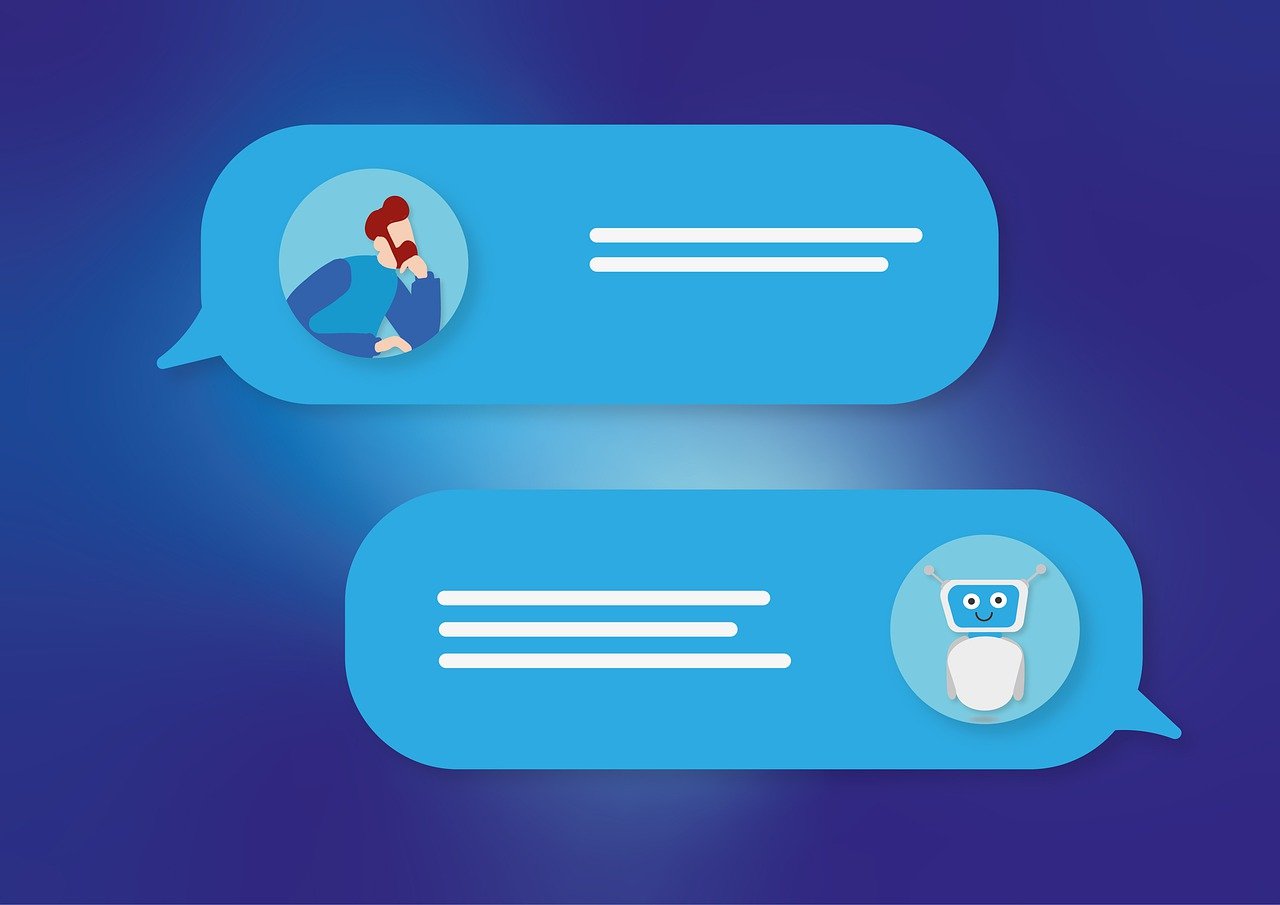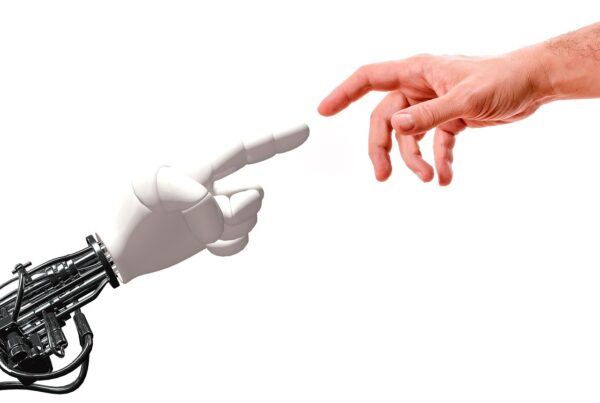AI@WORK: Will We Always Need to Be Available?
An agile workplace is one that moves quickly and easily. It adapts to varying situations and is perceptive and fluid. It is a workplace that adapts easily to changes. Everything is different every day and that’s the way it flows. It welcomes change. It supports collaboration and interaction. It is built around motivated and intelligent humans who should
and can be trusted. It adapts to regularly changing circumstances. The ability to automate job tasks has little to do with high wage vs. low wage occupations. It has more to do with redundancy and change. Some jobs like home healthcare workers, landscapers, maintenance workers, and social workers are safer.
Any occupations that deal with an environment of constant change and challenge are less likely to be affected. The ability to create and interact with human emotion is difficult to automate. Only 4% of activities in the U.S. economy require creativity and spontaneity. Only 29% of activities require sensing human emotion (Chui et al, 2015). Both blue collar and white-collar workers will be affected. The faster the process steps can be described in detail and are
shown to be repetitive, the sooner the employee can be replaced with AI. Agility in the workplace means both flexibility and configurability. Flexibility is the organization’s ability to adjust to the customers’ needs. Configurability is the ability to adjust to changing demands. Agile work environments can and usually do support multiple
intelligent agents in the supply chain. These agents are involved in one or more activities, and are flexible
enough to adjust and reconfigure based on changing circumstances.
Better education will help the adaption of AI but only under certain circumstances. Education itself will undergo a major change. Qualifications will be connected to the work and jobs. Roles like accountant will surely be done by intelligent software. As long as education teaches and promotes creativity and flexibility it will still be important. Expectations of employees will be greater but less rigid. Availability expectations will be much higher. Flexible hours and standby duties will be the rule, not the exception.
#AI@Work, #WFH, #Virtual Touchpoints, #ThePajamaEffect, #The Visual Connection, #BobbeGB, #BobbeBaggio, #Touchpoints, #Remote Workplace, #WorkFromHome, #PJEffect, #LinkedInNewsLive





